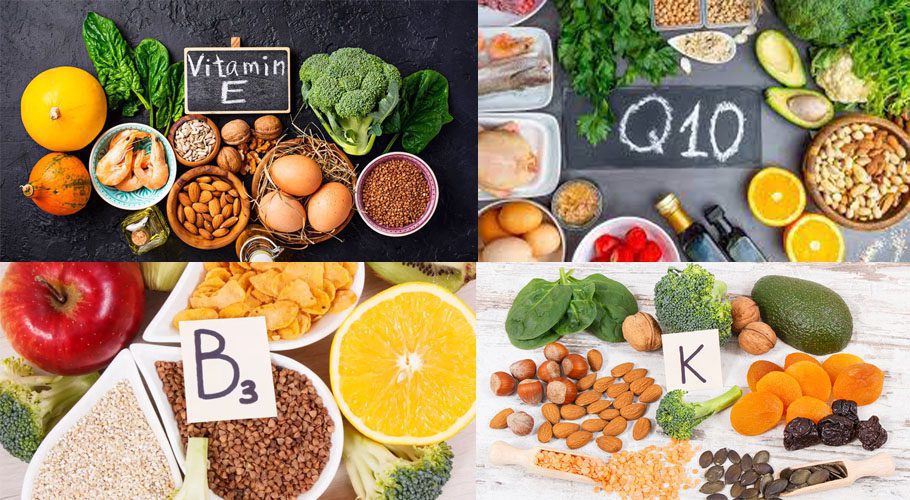Many people worry about having youthful-looking skin, particularly as we start to enter our later years. There are a dizzying array of procedures and goods available that claim to keep your complexion looking great and make you appear years younger than you actually are.
There are other things you can do to maintain healthy skin, though some skin products may work while others may be more talk than reality. If you want to keep your skin looking its best, it is certainly important to pay attention to your nutrition.
These vitamins and minerals may benefit the health of your face just as much, if not more, than any products you can buy at the drugstore.
1 VITAMIN C
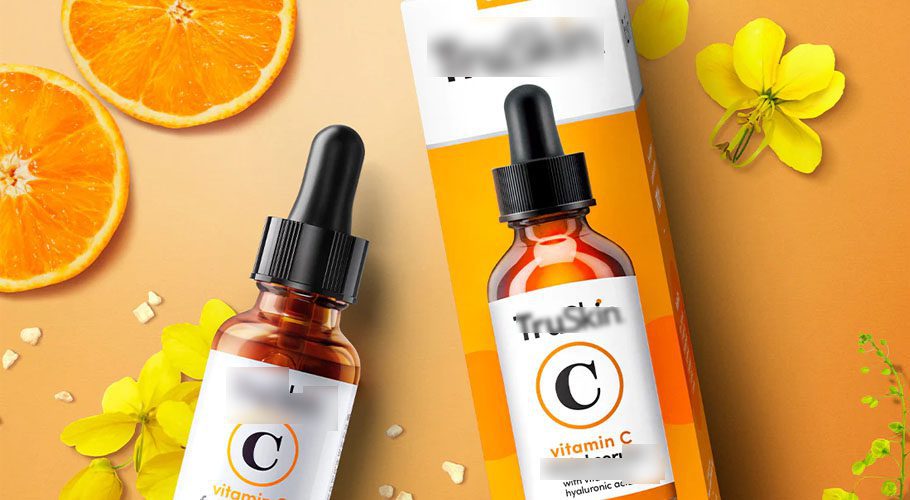
Vitamin C doesn’t just help you avoid colds, it’s also very beneficial for skin health. It helps to brighten the look of skin and reduce the effect of aging as well as damage done by pollution. In addition, vitamin C helps reduce spots, and smooth out other area where color may be uneven.
2 VITAMIN E

Vitamin E really goes the extra mile when it comes to skin health, in addition to helping to protect your skin from the sun and the damage associated with that, vitamin E, thanks to its antioxidant properties, can also help protect against skin cancer. There is also some evidence that vitamin E can even help reverse some skin damage that has already occurred.
3 SELENIUM

Selenium makes an excellent partner for vitamin E, and there are even supplements that contain just selenium and vitamin E. Selenium is also an antioxidant, and actually aids the skin’s natural repair process, which makes skin damage less likely and promotes the healing of damage they may have happened in the past.
4 VITAMIN A

This one is a real heavy-hitter where skin health is concerned. It’s a particularly good treatment for aging skin, since it helps to reduce wrinkles, reduce the appearance of age spots and smooth out areas that may have become rough. Vitamin A is found in many creams due this vitamin’s derivatives which are called retinoids. More than 700 research studies have shown the benefits of retinoids for skin health.
5 VITAMIN B3

This is just one member of the B vitamin family that includes well-known vitamins like B-6 and B-12. For its part, B-3 is helpful in the production of ceramides and fatty acids, which are both key components of the skin’s outer protective layer. B-3 has also been shown to improve the blushing and flushing effects that are caused by rosacea, and can also help reduce the appearance of dark spots.
6 VITAMIN K
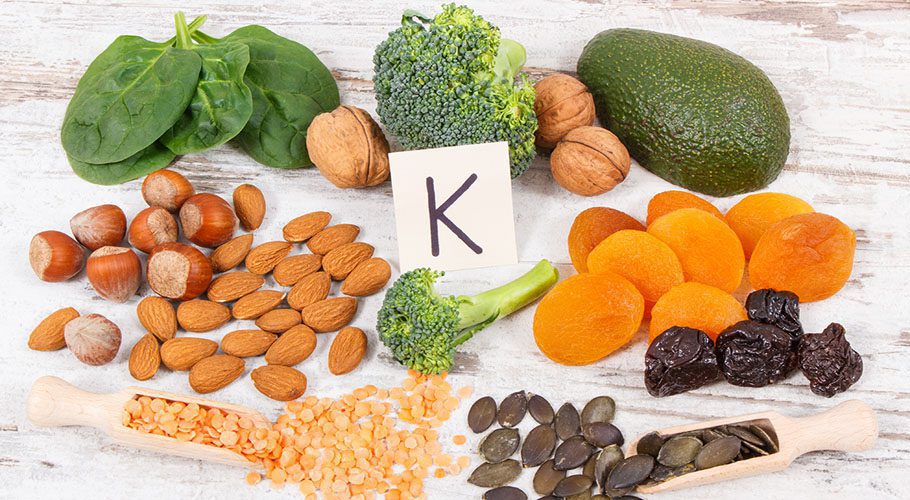
Vitamin K may not be in the headlines quite as often as vitamins such as D and C, but there are proven benefits to ensuring that you get enough of this essential nutrient. Vitamin K may help lighten dark circles under the eyes due to its ability to help control blood clotting, which can happen in the tiny blood vessels under the eyes called capillaries. One study showed that using a cream containing Vitamin K significantly reduced the appearance of dark circles after four months of regular use.
7 COENZYME Q10
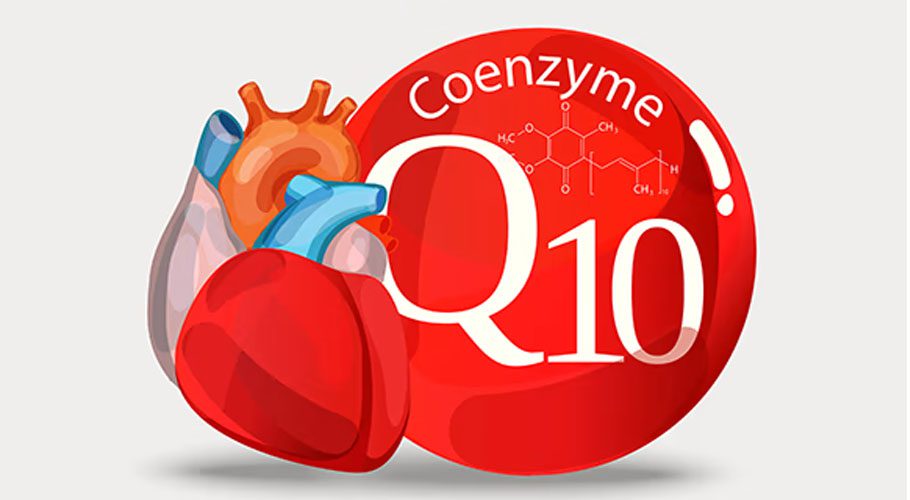
Here’s another potent antioxidant that promotes cell growth. and helps protect cells from damage that can cause cancer. Some researchers believe that the lowering of CoQ10 levels that occur as we age may play a role in declining skin health. Studies that have used a formula applied to the skin that included a 0.3 percent concentration of CoQ10 helped to reduce wrinkles.
8 ALPHA-LIPOIC ACID
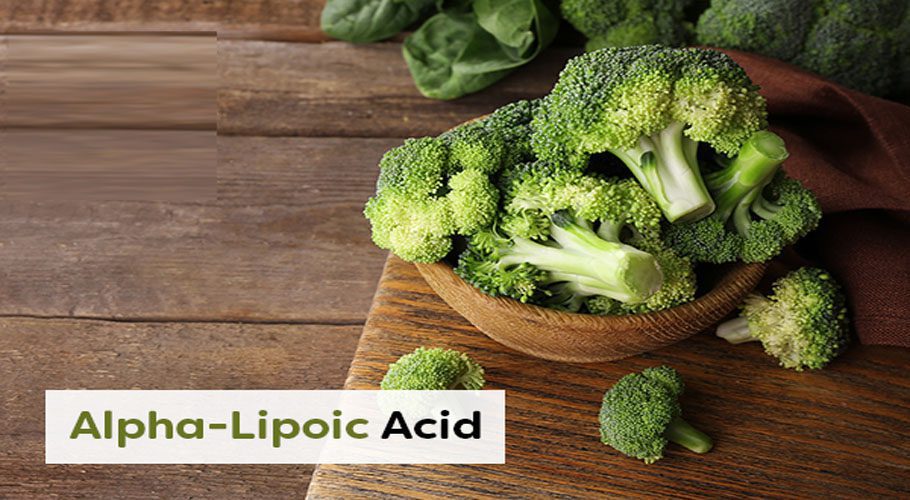
There’s little doubt that antioxidants help promote good skin health and Alpha-lipoic Acid is another effective antioxidant that can be added to the arsenal that is particularly good at protecting the skin from the damaging effect of the sun. Research studies have focused mainly on formulations that contain between a 3 and 5 percent concentration of Alpha-lipoic Acid, and have found that it is effective in healing damage caused by sun exposure.
9 BENFOTIAMINE

Here’s one you may not heard of before. Benfotiamine is another relative of the vitamin B family, and it is sometimes described as a “super” form of vitamin B-1. It can help to protect against a process called glycation that may speed up aging and may even cause wrinkles. Glycation results from the way the body reacts to blood sugar levels as we age, and has other negative effects on the body in addition to contributing to aging skin.







